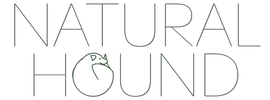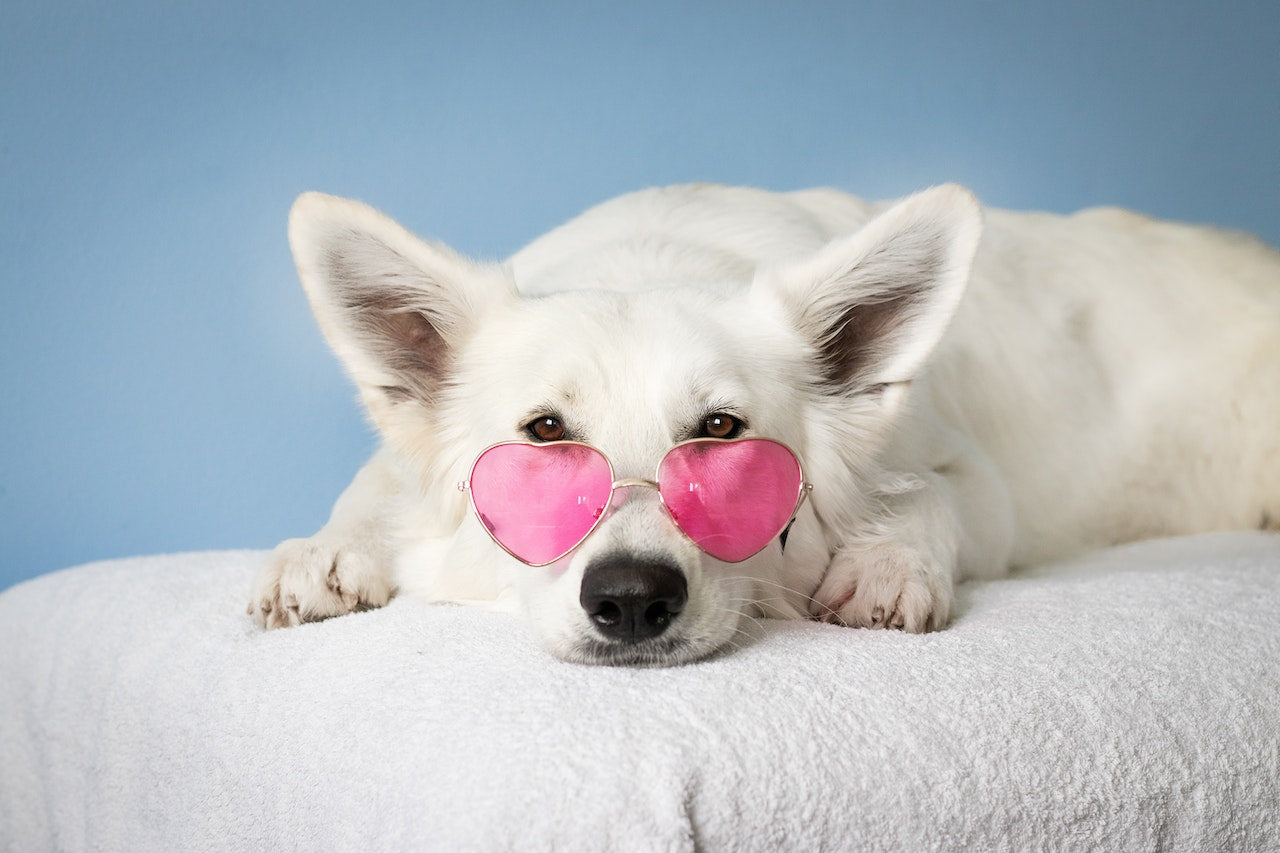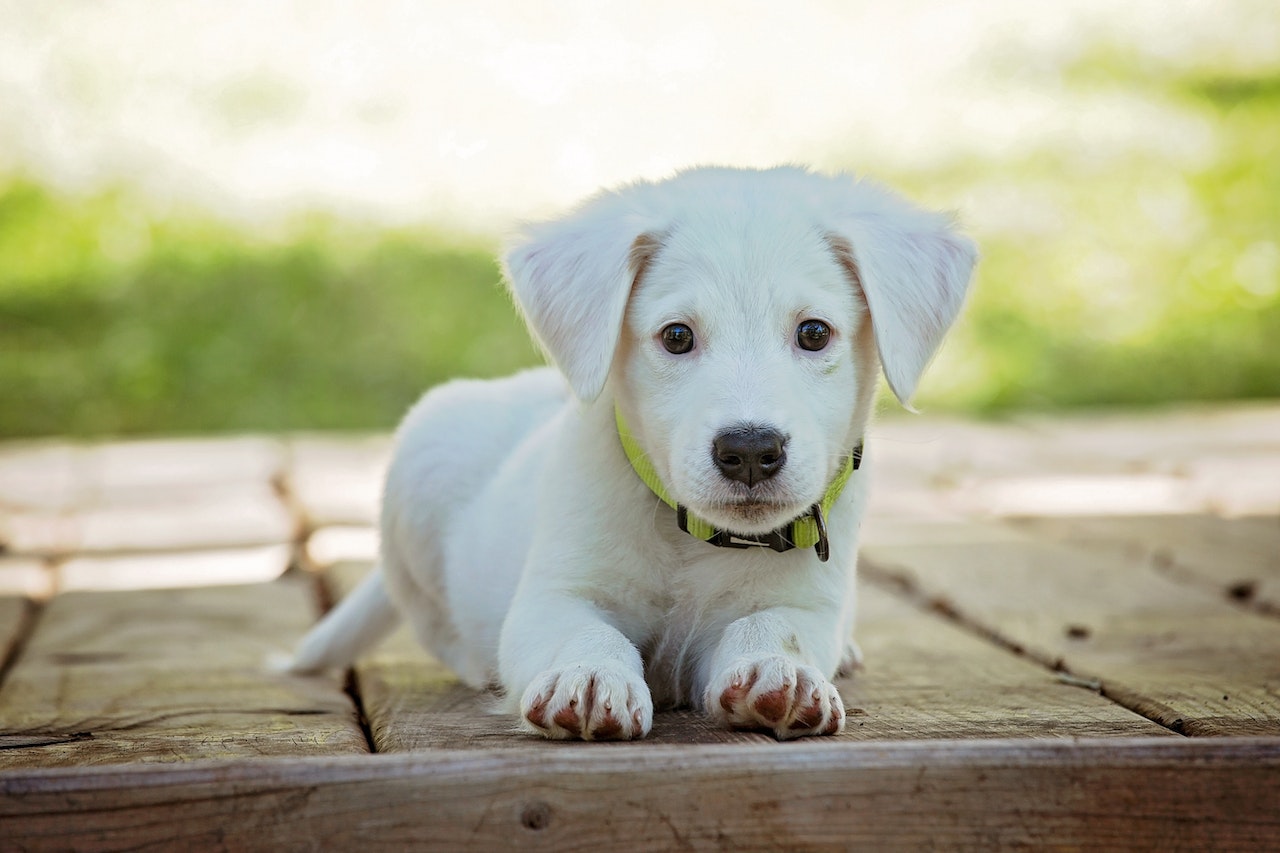Why a dog-friendly home is important
A dog-friendly home is more than just a place for your furry friend to live. It's a safe and healthy environment that promotes their overall well-being. A dog-friendly home should provide a comfortable space for your dog to rest and play, while also ensuring that they are protected from potential hazards and toxins.
Creating a dog-friendly home is essential for your dog's physical and mental health. A home that is not properly adapted to a dog's needs can lead to a range of behavioural issues, such as anxiety, aggression, and depression. In addition, a home that is not safe for dogs can lead to serious health problems, such as poisoning or injury.
By creating a dog-friendly home, you can ensure that your furry friend is happy, healthy, and well-protected. In this article, we will discuss some tips and tricks for creating a safe and healthy home environment for your dog.
Indoor safety tips for dogs: Avoiding toxic substances and household hazards
Indoor safety is a crucial aspect of creating a dog-friendly home. There are several potential hazards inside the house that can be dangerous for your furry friend. Here are some indoor safety tips to help you create a safe and healthy home for your dog:
Store toxic substances out of reach: Cleaning products, medications, and other household items can be toxic to dogs. Keep these items stored in a safe and secure location, out of your dog's reach. Consider using child-proof locks on cabinets and drawers to prevent your dog from accessing these items.
Avoid using pesticides and insecticides inside the house: Many pesticides and insecticides contain chemicals that can be harmful to dogs. If you must use these products, make sure to keep your dog away from the treated area until the product has dried completely.
Keep electrical cords out of reach: Electrical cords can be a choking hazard for dogs, and chewing on them can cause serious injury or electrocution. Keep cords out of your dog's reach, or cover them with protective tubing.
Watch out for sharp objects: Dogs are curious animals, and they love to explore their surroundings. However, this can sometimes lead to injuries from sharp objects such as knives or broken glass. Keep sharp objects out of reach, or store them in a secure location.
Provide a designated space for your dog: Dogs need a space where they can feel safe and comfortable. Consider providing a crate or bed for your dog to rest in, and make sure that they have access to this space at all times. This can also help prevent your dog from accessing potential hazards or areas that are off-limits.
By following these indoor safety tips, you can create a safe and healthy home for your furry friend. Remember, prevention is key when it comes to protecting your dog from potential hazards and toxins inside the house.
Outdoor safety tips for dogs: Providing a secure and comfortable space for your furry friend
Outdoor safety is another important aspect of creating a dog-friendly home. Dogs love to spend time outside, but it's important to make sure that they are safe and comfortable in their outdoor environment. Here are some outdoor safety tips to help you create a secure and comfortable space for your furry friend:
Provide a secure outdoor space: Dogs are natural explorers, and they can easily wander off if they are not properly contained. Make sure that your outdoor space is securely fenced or enclosed to prevent your dog from wandering off or getting lost.
Remove potential hazards: Your outdoor space may contain potential hazards such as sharp objects, toxic plants, or holes that your dog can fall into. Remove these hazards, or block off areas that may be dangerous for your dog.
Provide access to shade and water: Dogs can easily overheat during hot weather, so it's important to provide access to shade and fresh water. Consider providing a shaded area or a doghouse, and make sure that your dog has access to a bowl of fresh water at all times.
Keep your dog on a leash when necessary: Some outdoor areas may not be suitable for dogs to roam freely, such as busy streets or public areas. Keep your dog on a leash when necessary to prevent them from wandering off or getting into dangerous situations.
Supervise your dog when outside: Supervision is key when it comes to ensuring your dog's safety outside. Keep an eye on your dog at all times, and intervene if they start exhibiting potentially dangerous behaviour.
By following these outdoor safety tips, you can provide a secure and comfortable space for your furry friend to enjoy the great outdoors.
Feeding and nutrition tips: Choosing the right food and treats for your dog's health
Feeding your dog a healthy and balanced diet is essential for their overall health and well-being. A balanced diet provides your dog with the necessary nutrients and energy to stay active and healthy. Here are some feeding and nutrition tips to help you choose the right food and treats for your furry friend:
Choose high-quality dog food: High-quality dog food is made from high-quality ingredients, and contains the necessary nutrients that your dog needs. Look for dog food that contains meat as the main ingredient, and avoid foods that contain fillers or by-products.
Consider your dog's age and activity level: Different dogs have different nutritional needs based on their age, size, and activity level. Puppies and senior dogs may require different types of food than adult dogs. Additionally, active dogs may require more calories and protein than less active dogs.
Avoid feeding your dog human foods: Many human foods can be harmful or even toxic to dogs. Avoid feeding your dog foods such as chocolate, grapes, onions, or garlic, as these can cause serious health problems.
Choose healthy treats: Treats can be a great way to reward your dog, but it's important to choose healthy options. Look for treats that are made from high-quality ingredients, and avoid treats that are high in calories or contain harmful ingredients.
Consult with your vet: If you have questions about your dog's diet or nutrition, it's always a good idea to consult with your veterinarian. They can provide guidance on the best type of food and treats for your dog's individual needs.
By following these feeding and nutrition tips, you can help ensure that your furry friend is getting the right nutrients and energy to stay healthy and active. Remember, a healthy diet is key to your dog's overall well-being.
Choosing the right dog bed: A high-quality canvas bed from Natural Hound
Choosing the right dog bed is essential for your furry friend's comfort and well-being. A high-quality canvas bed from Natural Hound is an excellent choice for your dog. These beds are made from durable materials and designed to provide optimal support and comfort for your furry friend.
Natural Hound canvas beds are made in New Zealand, ensuring that they are of the highest quality and ethically produced. They come in a variety of sizes and colours, making it easy to find the perfect fit for your dog. In addition, they are easy to clean and maintain, ensuring that your dog's sleeping space stays clean and hygienic.
By choosing a Natural Hound bed, you can provide your dog with a comfortable and safe sleeping space, promoting better sleep habits and overall well-being. These beds are designed to last, ensuring that your investment will pay off in the long run.
If you're looking for a high-quality dog bed for your furry friend, consider a canvas bed from Natural Hound. Your dog will love the comfort and support that these beds provide, and you'll love the peace of mind that comes with knowing your dog is sleeping soundly in a safe and healthy environment.



